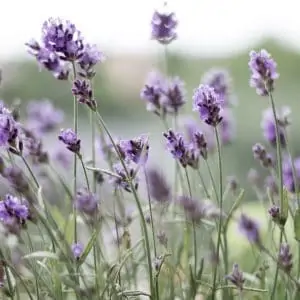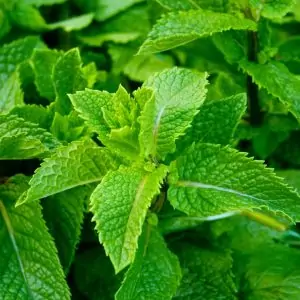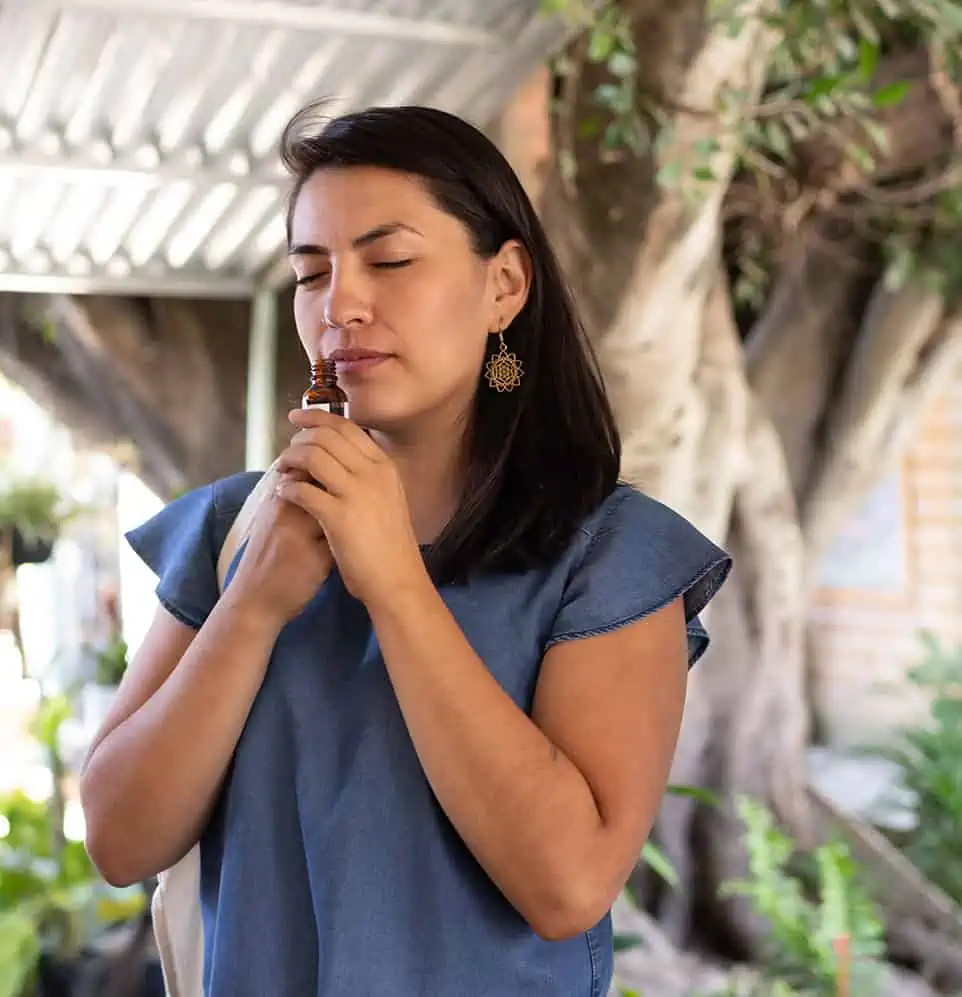Get Started with Aromatherapy
It seems like essential oils are everywhere; all over the internet and even in your local grocery store. So, as a novice, you need to learn how to get started with essential oils and where and how to begin incorporating aromatherapy (the use of essential oils) into your life?
What Is Aromatherapy?
Aromatherapy has literally been around in some form for centuries. In laypersons’ terms, aromatherapy (sometimes referred to as essential oils therapy) refers to using essential oils and aromatic plant compounds for holistic, alternative, and complimentary therapies. They are not a substitute for medical therapies recommended by your doctor. The National Association of Holistic Aromatherapy (NAHA) defines aromatherapy as “the therapeutic application or the medicinal use of aromatic substances (essential oils) for holistic healing”.
Essential Oils Safety
Here at Artisan Aromatics, we are committed to essential oils safety. With so much misinformation on the internet, we are proud to be a resource for the aromatherapy community on the safety of essential oils for both novices as well as experienced aromatherapists. Each essential oil has a chemical constitution specific to the species of the plant source, geographic location, and distillation. For this reason, some essential oils should be used with caution, and research before use.
Should Essential Oils Be Diluted for Topical Application?
Yes – Essential Oils should be diluted when applied topically and should never be applied directly to the skin. All essential oils available through Artisan Aromatics should be diluted with a Carrier Oil (often referred to as ‘Base Oils’) of your choice. Carrier Oils are essential oils that ‘carry’ them to your skin and typically safe for direct, topical application on the skin. They are sometimes vegetable oils, such as Coconut Oil or Avocado Oil while others are derived from the seeds, kernels or nuts of a plant and are often developed through a process called cold pressing. Not all Carrier Oils are the same as some have a distinct aroma from their source while others are almost unscented. They also can differ in color, viscosity, and penetration speed.
The most popular Carrier Oil for general essential oil dilution is Jojoba Oil and we offer it in its regular form as well as clear and organic options. It’s a great to have on hand to dilute your favorite essential oils to use on the body as a natural hydrator as well as for reported therapeutic properties specific to each pure oil. Simply place a few drops of your essential oil of choice to an ounce of Carrier Oil never more than a maximum concentration of 2.5% which is generally considered safe for adults. For more info, we invite you to review our complete guide to the dilution of essential oils for topical application. With all oils (including carrier oils as well as essential oils) it’s important to do a patch test prior to use. If there is no allergic response within 24 to 48 hours, it should be considered to use.
Can Essential Oils Be Digested?
There is disagreement in the aromatherapy community on this, but we don’t believe essential oils should be taken orally, as the oils can damage the liver or kidneys. They are meant for inhalation or diluted skin application, not to sit in your stomach. They are concentrated and powerful, and part of the plant’s protective immune system – this type of chemistry is not meant to be ingested.
Using Essential Oils for Inhalation
The inhalation of essential oils can be performed by adding to a steam bath or simply taking a few inhalations at a safe distance from the essential oil bottle. Inhaling essential oils provides a pleasing aroma and, in some cases, have been reported to provide respiratory disinfection as well as mood-enhancing benefits. Inhaling essential oils stimulates the olfactory system, the part of the brain connected to smell. As the molecules reach the brain, they affect the limbic system, which is linked to our emotions and nervous system and therefore, when used properly, may have subtle, holistic effects on the body.
What Essential Oils Should I Choose as a Beginner?
- Lavender Essential Oil
- Peppermint Essential Oil
- Lemon Essential Oil
- Tea Tree Essential Oil
- Sweet Orange Essential Oil
Lavender Essential Oil
Lavender Essential Oil is probably the most popu lar of essential oils. It has a beautiful aroma and is highly versatile with many reported benefits. Distilled from the plant Lavandula angustifolia, it is known for its calming and relaxation benefits as well as its use for many at bedtime who struggle with sleep issues. For further guidance, please check out our blog on Choosing the Right Lavender Essential Oils for Your Needs.
lar of essential oils. It has a beautiful aroma and is highly versatile with many reported benefits. Distilled from the plant Lavandula angustifolia, it is known for its calming and relaxation benefits as well as its use for many at bedtime who struggle with sleep issues. For further guidance, please check out our blog on Choosing the Right Lavender Essential Oils for Your Needs.
Peppermint Essential Oil
Peppermint Essential Oil has many uses and is a staple in many people’s aromatherapy kits. It’s quit e an intense and concentrated oil and dilution for topical use is absolutely necessary. The peppermint plant contains menthol, an organic compound with cooling properties and one to use to potentially alleviate some achey discomfort in a holistic way. Some even find relief from motion sickness or general nausea when rubbing a few diluted drops on the abdomen. When used in an electric diffuser, it can ‘clear the air’ providing a clear, energized feeling.
e an intense and concentrated oil and dilution for topical use is absolutely necessary. The peppermint plant contains menthol, an organic compound with cooling properties and one to use to potentially alleviate some achey discomfort in a holistic way. Some even find relief from motion sickness or general nausea when rubbing a few diluted drops on the abdomen. When used in an electric diffuser, it can ‘clear the air’ providing a clear, energized feeling.
Lemon Essential Oil
Lemon Essential Oil is one of the most popular ‘uplifting’ oils. It’s a great one for use (diffusing) in the m ornings to start your day on a positive note. It’s also handy as a natural cleaner when mixed with distilled water in a spray bottle to clean kitchen countertops.
ornings to start your day on a positive note. It’s also handy as a natural cleaner when mixed with distilled water in a spray bottle to clean kitchen countertops.
Tea Tree Essential Oil
Tea Tree Essential Oil is an essential oil sourced from steam ing the leaves of the Australian Tea Tree. It’s considered to be an antibacterial and some use it topically as a holistic treatment for acne which is why it is a popular ingredient in skin care products. It’s also reported to help treat athlete’s foot and insect bites. When mixed with water in a spray bottle, it’s at the top of our list as a surface disinfectant or to diminish kitchen and garbage disposal odors.
ing the leaves of the Australian Tea Tree. It’s considered to be an antibacterial and some use it topically as a holistic treatment for acne which is why it is a popular ingredient in skin care products. It’s also reported to help treat athlete’s foot and insect bites. When mixed with water in a spray bottle, it’s at the top of our list as a surface disinfectant or to diminish kitchen and garbage disposal odors.
Sweet Orange Essential Oil
Sweet Orange Essential Oil is ideal to have on hand to use alone or when getting started i n creating your own essential oil blends. It mixes well with spice oils such as cinnamon, cardamom and clove bud. Like Lemon Essential Oil, it’s known to be uplifting and some say, great for stressful times. It’s bright and sunny just like the climate of which it is sourced.
n creating your own essential oil blends. It mixes well with spice oils such as cinnamon, cardamom and clove bud. Like Lemon Essential Oil, it’s known to be uplifting and some say, great for stressful times. It’s bright and sunny just like the climate of which it is sourced.
As your aromatherapy journey continues, we value your partnership and offer deeply discounted programs for Practitioners and Wholesale accounts, as well as product design. To get more information on these types of accounts, start with the form here.




